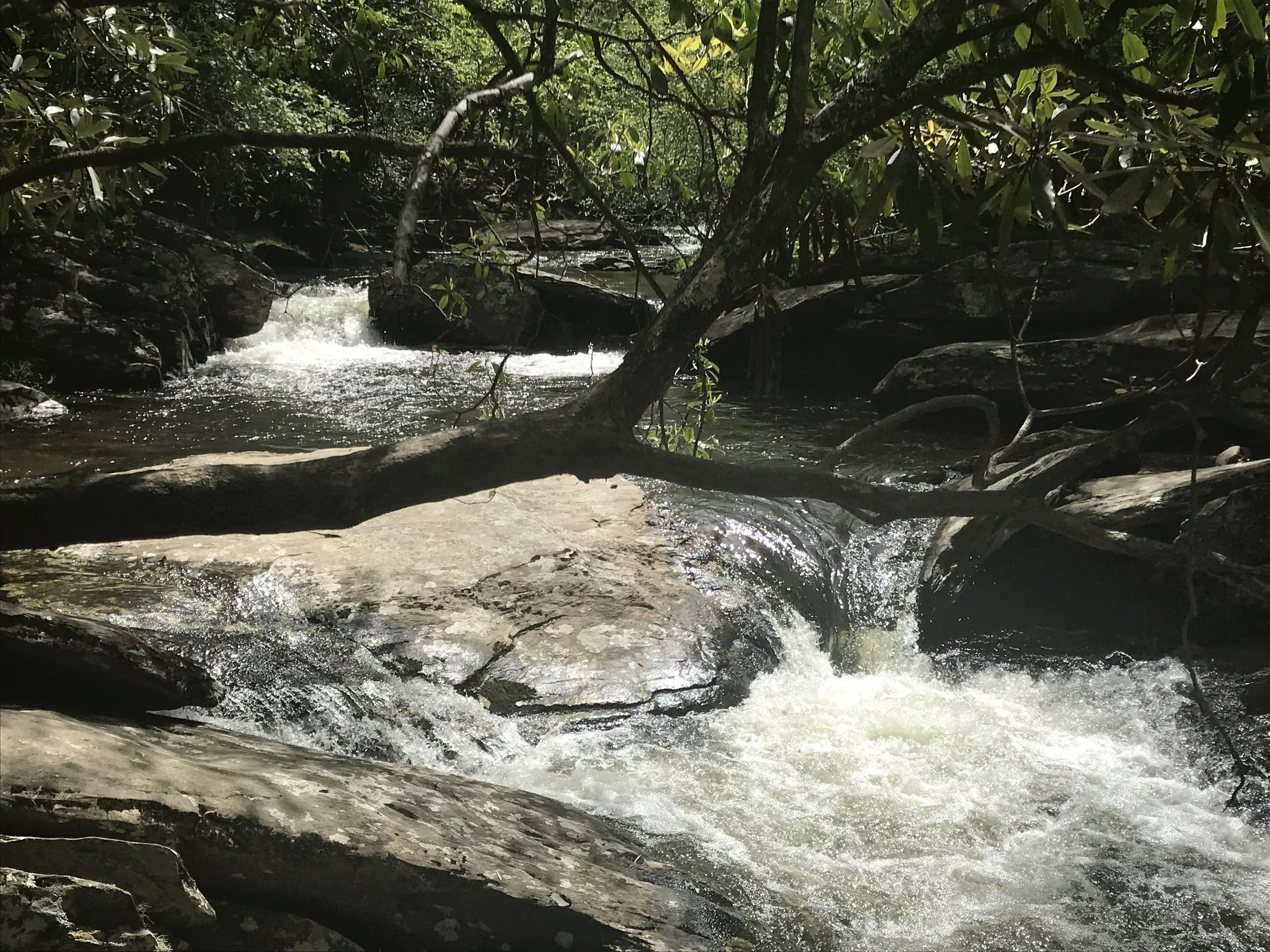Lent 2024: week one
/(This is a follow-up to the first Lenten brushstroke. Each week will be another suggestion based on the opening image.)
For what do you grieve?
The question, no doubt, conjures up a list of names unique to each of us, but laced with a similar pain. Regardless of time, we carry that list with us every day and, like the opening Lenten image of the clogged stream, our grief often hinders God’s flow within us. This is a season to look at those names, see the faces, hear the voices, and remember specific moments. Taking time to do this is to lift branches and clear away leaves from our internal stream.
But there are also other reasons for grief which are equally lasting and harmful. The loss of one’s good health, vibrant marriage, parent’s love/attention, or secure job are some of the other reasons we grieve. So, too, is an empty house with grown-up children gone. A lost friendship or sterling reputation can also cause us to grieve. The reasons are endless, and the grief is real. Few take the time to do the work of resolving it.
· For me, just naming every reason I have to grieve is a start. (Making an uncensored list is helpful).
· Taking time to feel the hurt and stop ignoring it is the next step. (I know we are taught to avoid pain, but this can be fruitful soul work if you have the courage.)
· Exploring what happened (and my role in it, if I have one) is an additional step that will bring a sense of closure so few of us experience.
· Once I have done all of this, I place whatever it is on the altar within me, the one where I place things too hard to handle and ask God for help.
Think of this as the hard, messy work of clearing the stream. It’s not the only work we need to do, but it’s a significant start.

